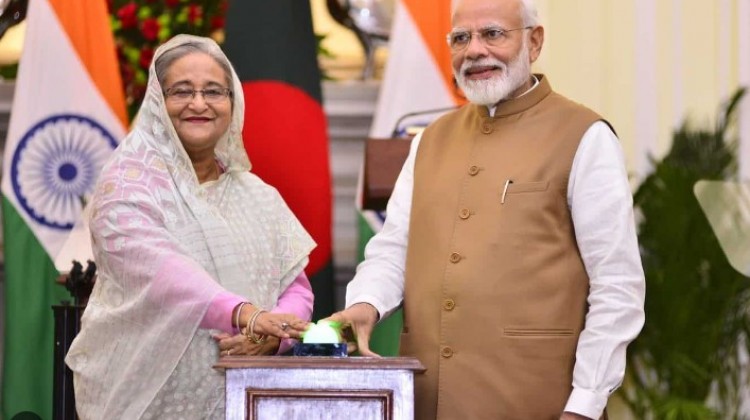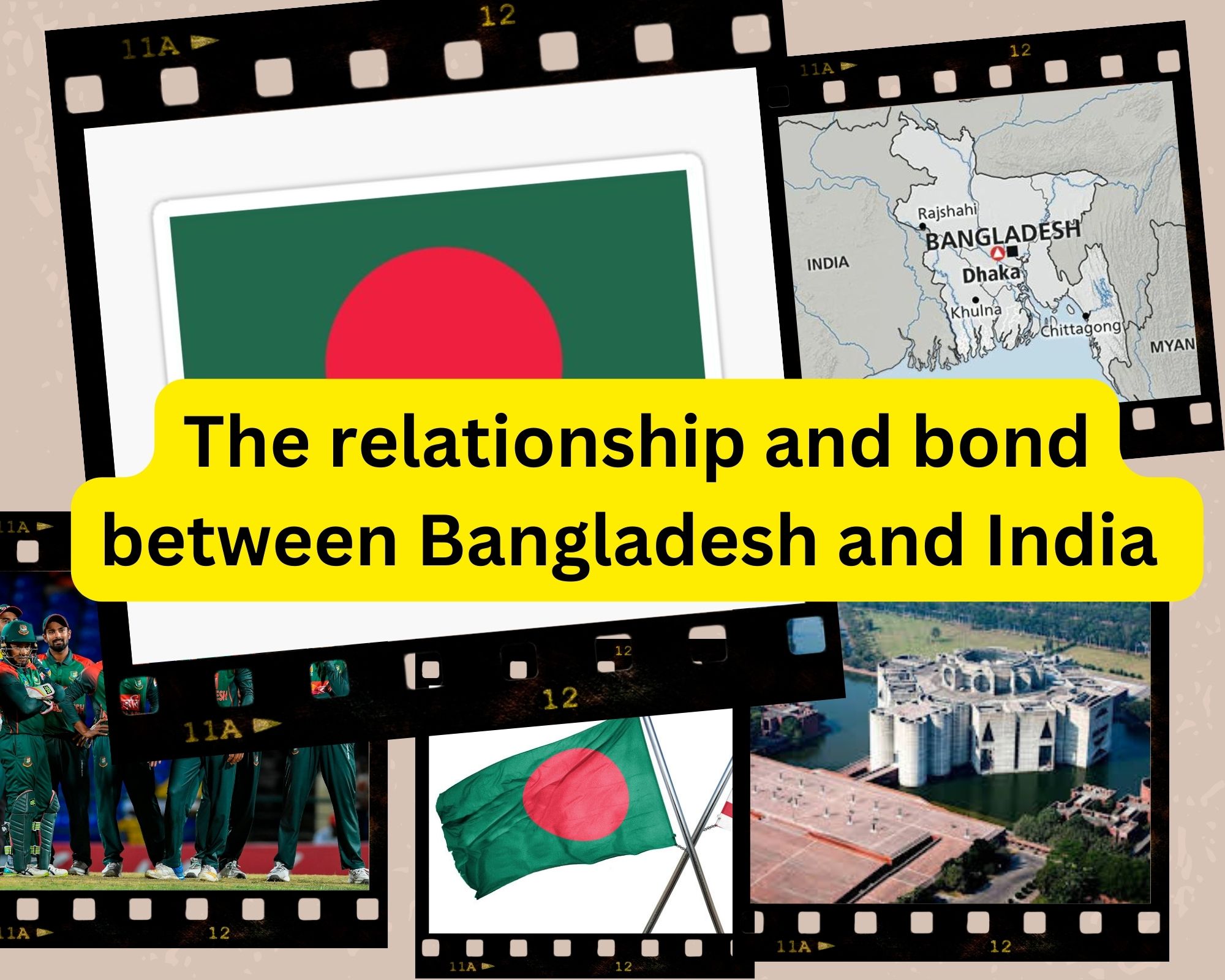The relationship and bond between Bangladesh and India
- by Corporate Bangladesh
- July 25, 2023
- views

The disputes between Bangladesh and India illustrate the complexities inherent in international relations, particularly between neighboring nations.
The relationship and bond between Bangladesh and India, two neighboring countries in South Asia, has quite a rich historical backdrop of shared culture, entertainment, language and geographic proximity. However, over the last few years, several issues have arisen and led to occasional strains in the bilateral ties between the two countries. Here are some of the disputes between Bangladesh and India, shedding light on their origins, implications, and efforts to find common ground.

Land Boundary Disputes: One of the longstanding issues between Bangladesh and India has been the demarcation of their land boundaries. The problem stems from the fact that the borders were inherited from the British colonial era, leading to unclear and contested lines. Over time, this has led to territorial disputes, illegal migration, and challenges in maintaining security along the border regions.
However, significant progress has been made in recent years to resolve these disputes. In 2015, both countries exchanged enclaves, granting the people living in these enclaves citizenship of either Bangladesh or India. This historic agreement marked a crucial step towards easing tensions and fostering goodwill.
Water Sharing of Rivers: The sharing of river waters has been a sensitive issue between the two countries, primarily centered around the Ganges (known as Padma in Bangladesh) and Teesta rivers. As both nations depend heavily on these rivers for agriculture, livelihood, and water supply, equitable sharing of their waters is of paramount importance.
Disagreements over water sharing have led to occasional tensions, with both sides seeking more favorable agreements. However, reaching a consensus on this matter has proven challenging, often influenced by domestic politics and regional considerations. It requires delicate negotiations and a spirit of cooperation to strike a balance that benefits both countries.
Rohingya Refugee Crisis: The Rohingya refugee crisis is a major humanitarian concern that has impacted both Bangladesh and India. The Rohingya people, a stateless Muslim minority from Myanmar, have faced persecution, leading to a massive influx of refugees into Bangladesh. India has also witnessed Rohingya refugees crossing its borders.
Handling the influx has put strains on resources and created socio-economic challenges in both countries. While Bangladesh has shown remarkable hospitality in providing shelter to refugees, India's approach has been more restrictive, which has occasionally led to tensions between the two nations.
Trade and Economic Disputes: Trade and economic relations are crucial for both Bangladesh and India, but they have encountered disputes related to tariffs, non-tariff barriers, and market access. Protectionist measures adopted by either country at times have raised concerns over fair trade practices.
Efforts to enhance trade ties through bilateral agreements and economic partnerships have been ongoing, aimed at promoting mutual growth and prosperity. However, addressing these issues requires continued dialogue and a commitment to resolving trade-related conflicts.
The disputes between Bangladesh and India illustrate the complexities inherent in international relations, particularly between neighboring nations. Despite the occasional tensions, both countries have shown a willingness to engage in dialogue and find amicable solutions to their differences. As history has demonstrated, cooperation and understanding are key to building enduring relationships, fostering regional stability, and promoting prosperity for the people of both nations. Through continued efforts and a shared vision for a better future, Bangladesh and India can pave the way for enhanced cooperation and closer ties.




